Exact Answer: 6 weeks
The BCG (Bacille Calmette-Guérin) vaccine contains a specially weakened strain of the Tuberculosis (TB) germ. Note that it only allows the person to become immune to the disease, and does not cause Tuberculosis directly. The vaccine also can’t treat someone with an active TB infection. The BCG vaccine essentially prevents the person from being infected with Tuberculosis.
The BCG vaccine is advised for people who have had close contact with those who have been infected with the TB germ.
Tuberculosis is a bacterial infection that is caused by Mycobacterium tuberculosis bacteria. Although it can impact various parts of the body like kidneys, spine, and the brain, it primarily affects the lungs. With a regular course of medication (at least for 6 months), Tuberculosis is curable.
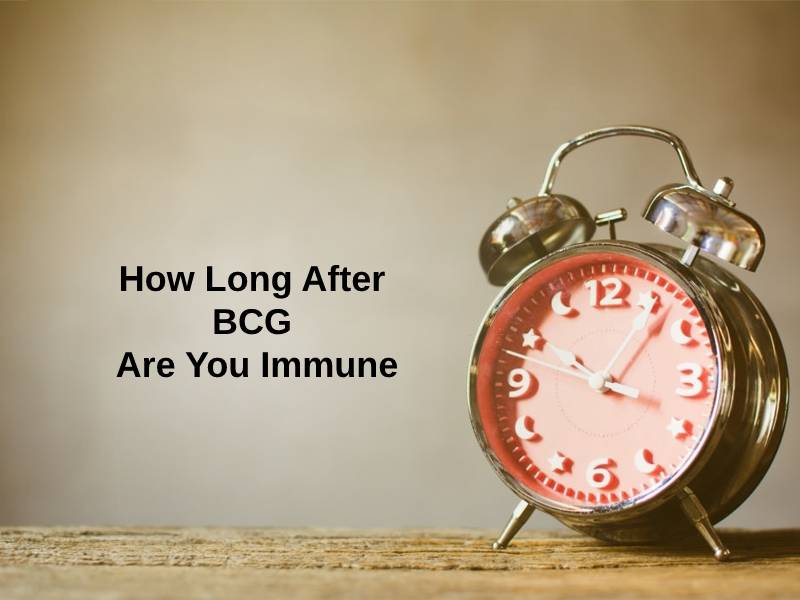
How Long After BCG Are You Immune?
| Time is taken to become immune after BCG vaccine | Time for which BCG vaccine lasts |
| 6 weeks | At least 10 – 15 years |
The BCG vaccine takes up to 6 weeks to start building immunity against Tuberculosis in the body and can effectively work for up to 15 years.
The BCG vaccine requires a skin test to confirm that you are not infected with Tuberculosis beforehand. Once it is confirmed, then the BCG vaccine is administered. Unlike other vaccines which are done with a needle and syringe, the BCG vaccine implements a different route. For this, the doctor applies the vaccine liquid onto the skin of the arm, and a multi-pronged needle device is used to inject the skin through the vaccine liquid, delivering the liquid into the separate layers of skin.
The vaccine will result in tiny red bumps on the site of injection, about 10 to 14 days after receiving the vaccine. After 4 to 6 weeks, the area may swell, then shrink and fade over time. The vaccine either leaves no scar or a small circular one, depending on the person’s immune response, after 6 months.
It is important to cover your vaccination site with either soft cloth or gauze, for at least a day after vaccination, as it can spread the germ to anyone or anything that comes into contact with it.

Some of the most common side effects are fever, symptoms of the flu, neck and underarm glands that are swollen, soreness and bumps where the injection was administered, muscle pain. These side effects can last anywhere from a couple of weeks to even 5 months.
But you must contact a doctor if you experience side effects such as intense swelling of the skin that lasts for long, loss of appetite, severe tiredness, a fever of 103°F or higher, weight loss, aches in leg bone, ulcers, or drainage at the site of vaccination, etc. In addition, one may even have an allergic reaction to the vaccine, resulting in swelling of the face and throat regions, hives and rashes, and difficulty breathing. Emergency medical assistance is required in this case.
Why Does It Take That Long To Be Immune After BCG?
Since the BCG vaccine contains a strain of Tuberculosis bacteria that was carefully weakened beforehand, it stimulates the process of immunization in the human body. Although the BCG vaccine contains the bacteria itself, it will not cause Tuberculosis infection in the body.
The vaccine basically sets off an immune response from the body. This enables the person’s immune system to recognize and respond to the pathogen in the vaccine, just like it would have if it came into contact the first time around.
The BCG vaccine contains the antigens from the Tuberculosis bacteria, with the only difference, being that they are inactive, and therefore not dangerous. After the antigens from the vaccine enter the body, they trigger the B cells, which are responsible for making the antibodies that are required to treat the particular disease. B cells then reproduce rapidly to build a large army of B cells that are able to produce the required antibodies in large amounts, in response to the antigens that entered the body through the vaccine.
As a result of the vaccine, the body is able to produce an increased amount of antibodies that work against a targeted antigen, in this case, it is the TB bacterium.

As the antibodies are being produced inside the body, they are not activated yet, and so remain dormant. If the body naturally comes into contact with the same antigen later in the future, the dormant antibodies are activated and sent out to fight the infection. This is enabled by memory B cells, which remember the specific antibodies that are to be made and reproduce instantly to make them in order to treat the infection. This response is known as a secondary immune response, and is more effective and faster, than the body’s response without vaccination.
Therefore, over the course of 6 weeks, the vaccine helps the body learn how to curate the targeted antibodies against the specific infection.
Conclusion
The BCG vaccine is most recommended for children below 6 years of age, and/or children who are traveling to a country that has a greater count of tuberculosis infections.
People who live with a weaker immune system are advised against getting the BCG vaccine. Their weak immune system might be the result of having HIV, AIDS, any type of cancer, chemotherapy, radiation, steroid medications, or if one is breastfeeding.
In conclusion, it takes approximately 6 weeks after the BCG vaccine, for the body to build immunity against TB, in response to the Tuberculosis germ. Moreover, the effects of the vaccine can last up to 15 years after the first BCG shot.

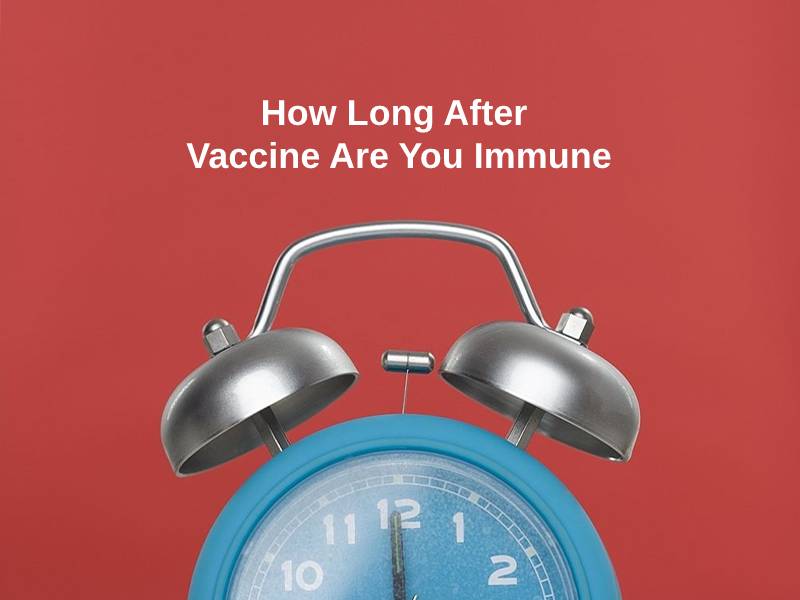
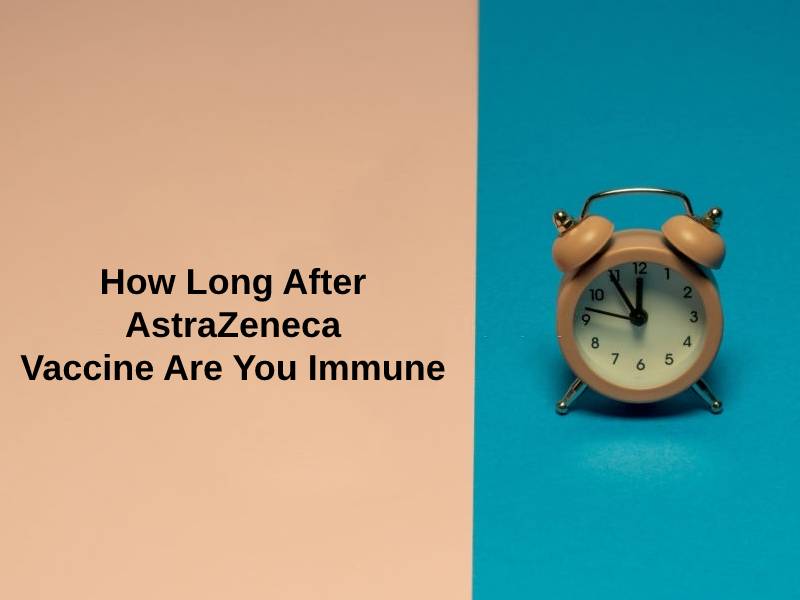
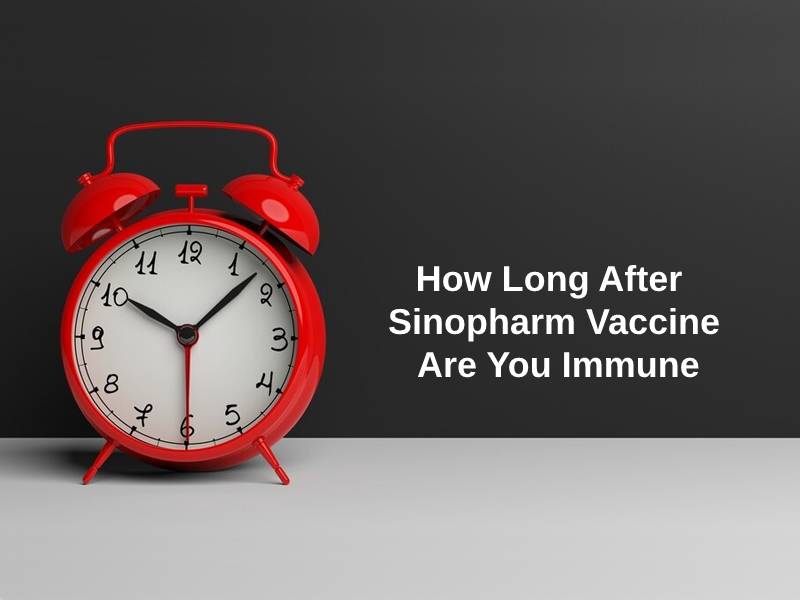
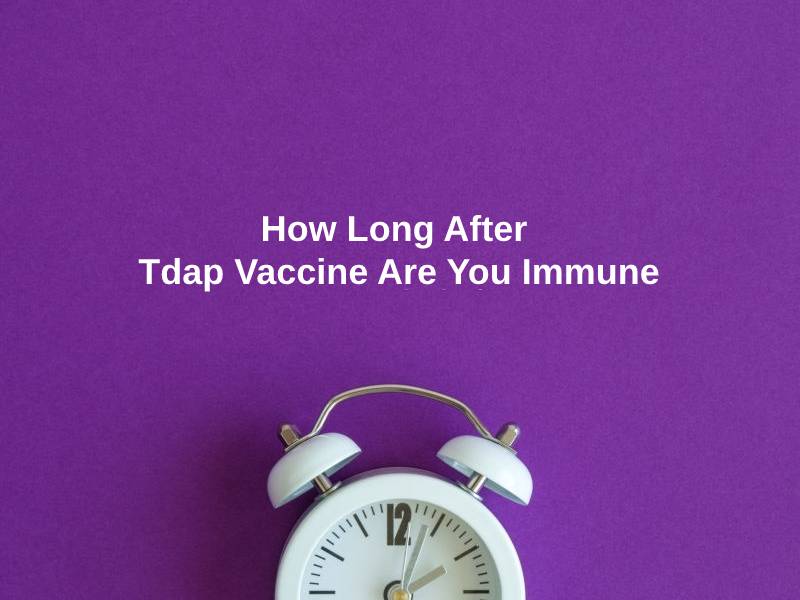
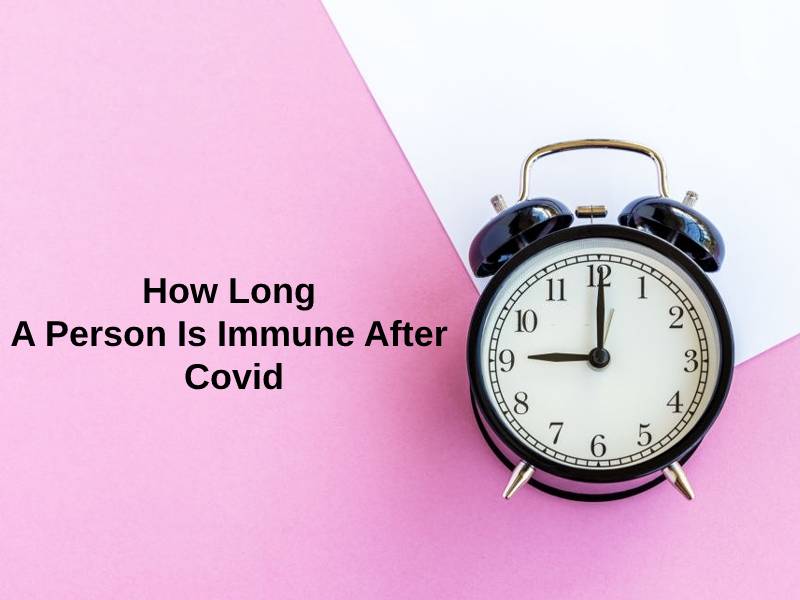
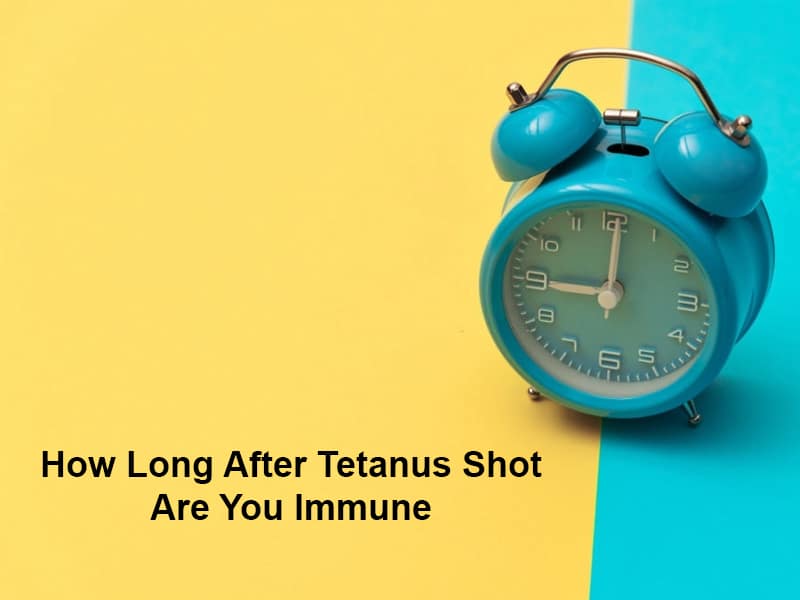



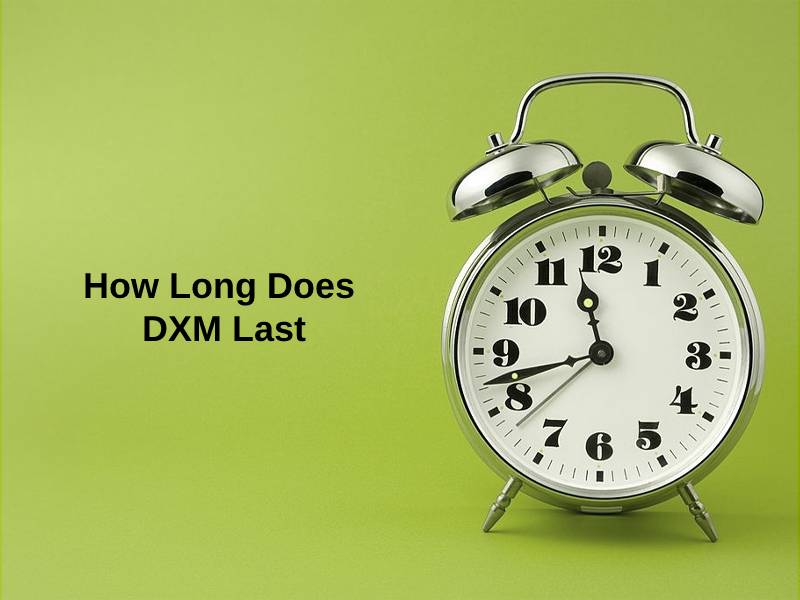

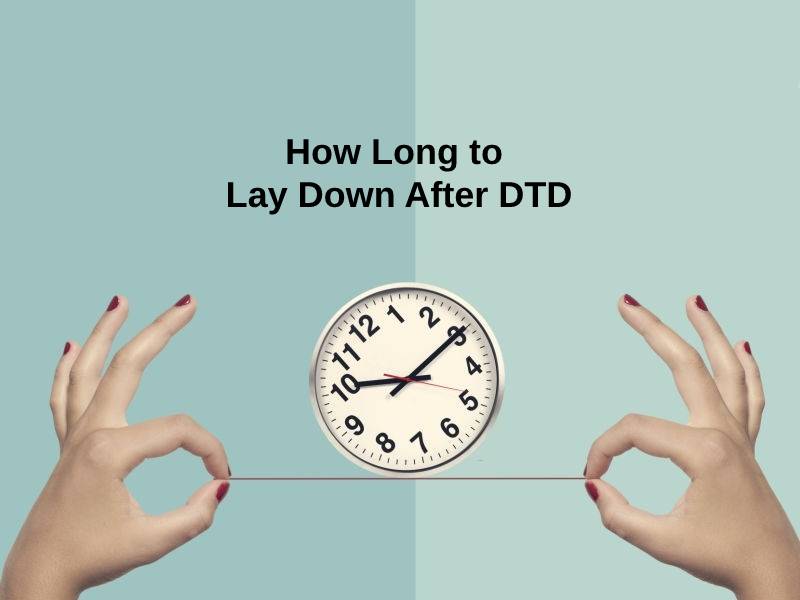
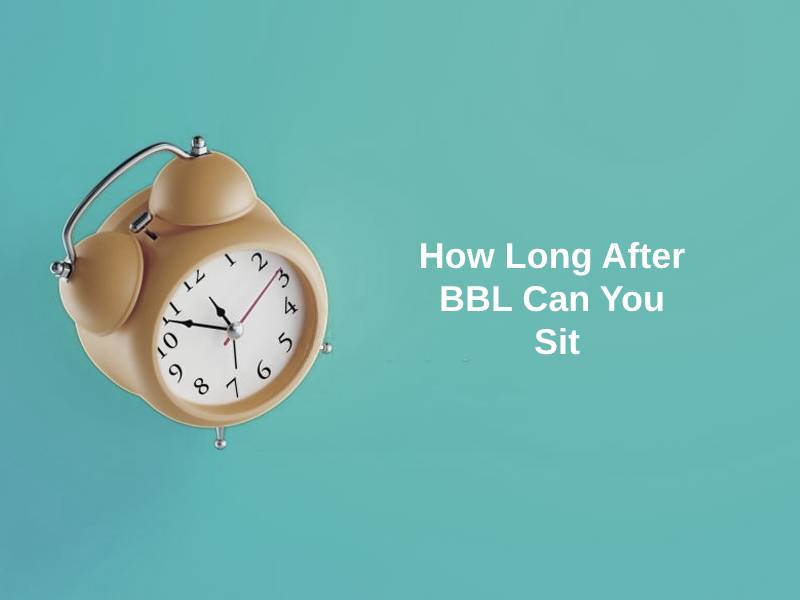
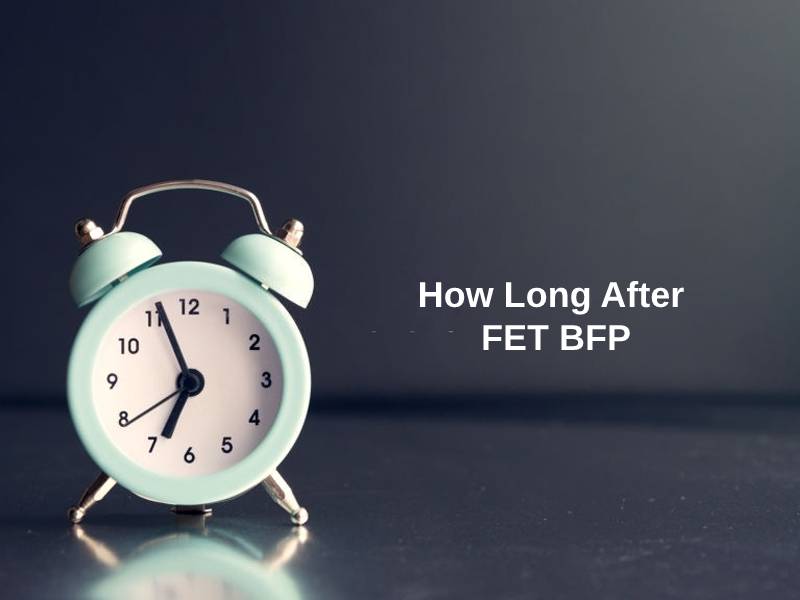
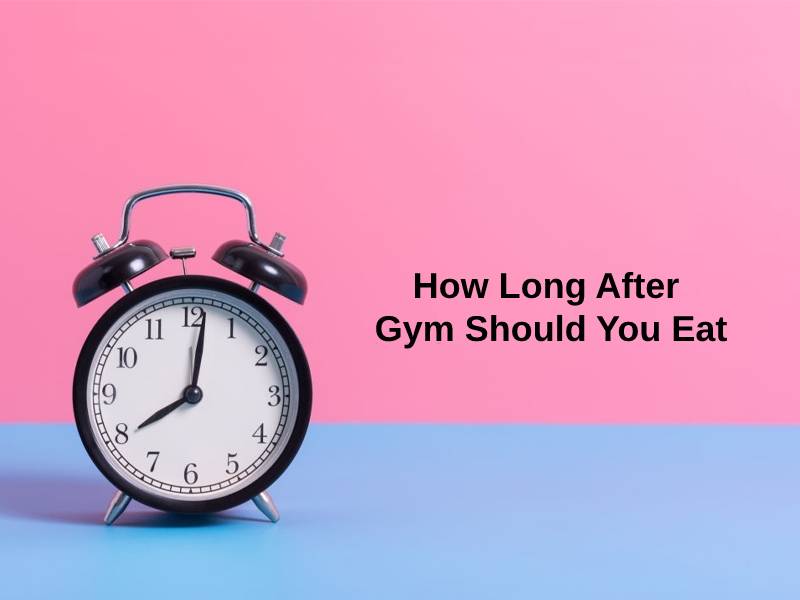
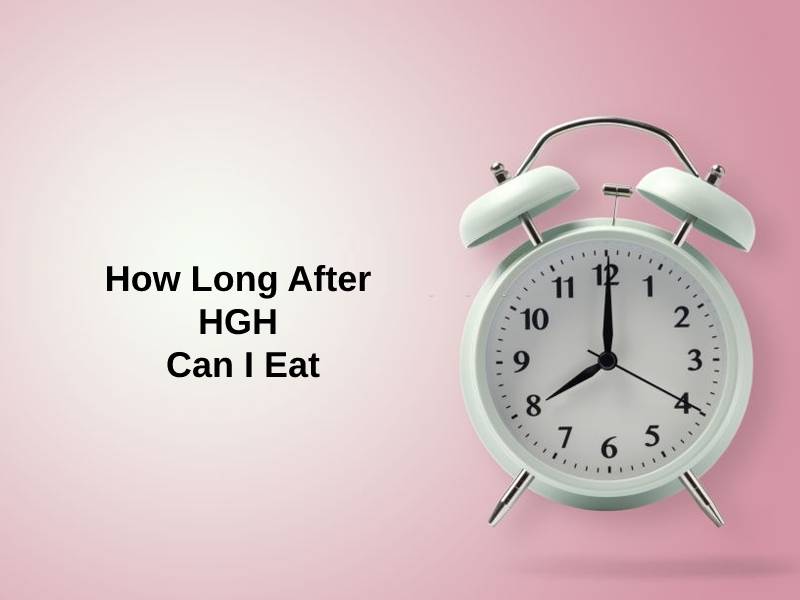
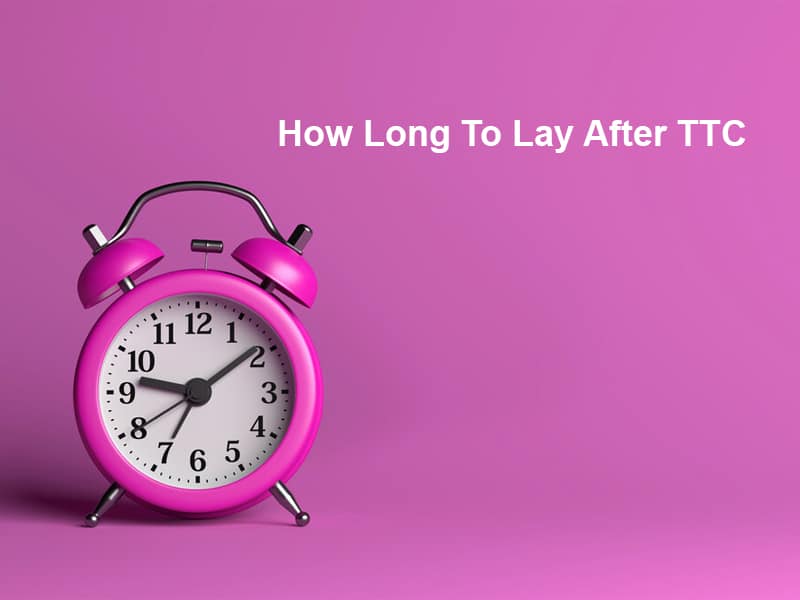
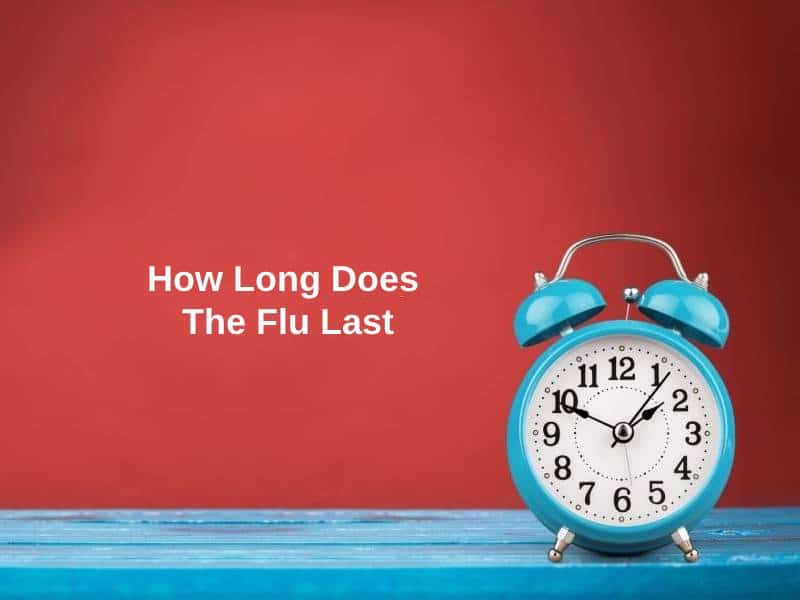
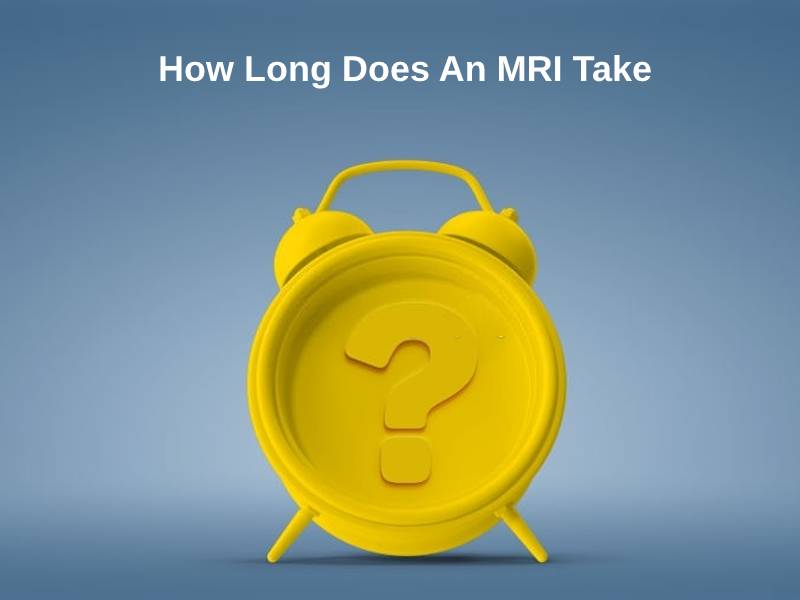
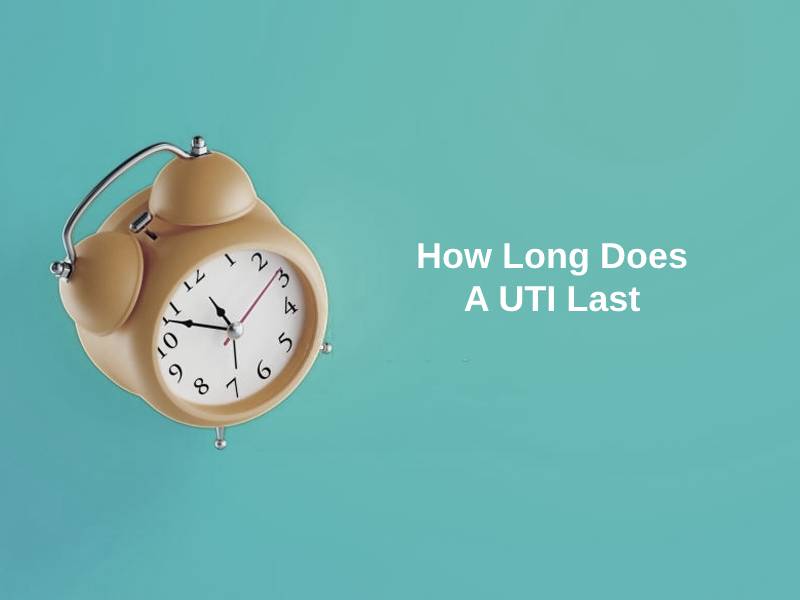
I wasn’t aware of the details of the BCG vaccine and this article has given me a lot of insight. Very enlightening.
I agree, the explanations are very clear and accessible.
The fact-based approach to explaining the BCG vaccine and the immunity process is impressive in this article.
Indeed, it’s very refreshing to see such informative content.
This kind of detailed information is exactly what’s needed for making health decisions.
I have some concerns about the side effects mentioned, especially the duration. It seems quite long.
Yes, those aspects should be carefully considered before getting the vaccine.
It’s important to weigh the benefits against the possible side effects.
This article has provided very detailed information about the BCG vaccine, I appreciate that.
Absolutely, I feel much more informed about this topic now.
It’s certainly a comprehensive guide, very well done.
It’s great to understand the details of how the BCG vaccine builds immunity over time.
Agreed, it’s a very thorough piece about the vaccine.
It’s quite impressive to see how the immunity process is described here.
This is a great article! Very informative and well-written.
I found it very helpful and insightful, thank you.
I completely agree, very well-researched and well-explained.
The BCG vaccine seems very effective according to this information. I’m considering getting it for my family.
Definitely worth considering, it’s always good to make well-informed choices.
Yes, this article provides great information in making informed decisions about vaccination.
The explanation of how the BCG vaccine works and the immunization process is very intriguing.
I found it quite fascinating as well, a lot to learn from this article.
Definitely, the mechanism behind the vaccine is explained very clearly.
Very useful information, I appreciate the detailed explanation of the BCG vaccine and its effects.
Yes, it’s important to have comprehensive information when considering vaccinations.
This article certainly addresses the mechanisms and requirements of the BCG vaccine in a detailed manner.
Absolutely, it’s a great source of information for those considering the vaccine.
I feel much more informed about the BCG vaccine now, thanks to this article.